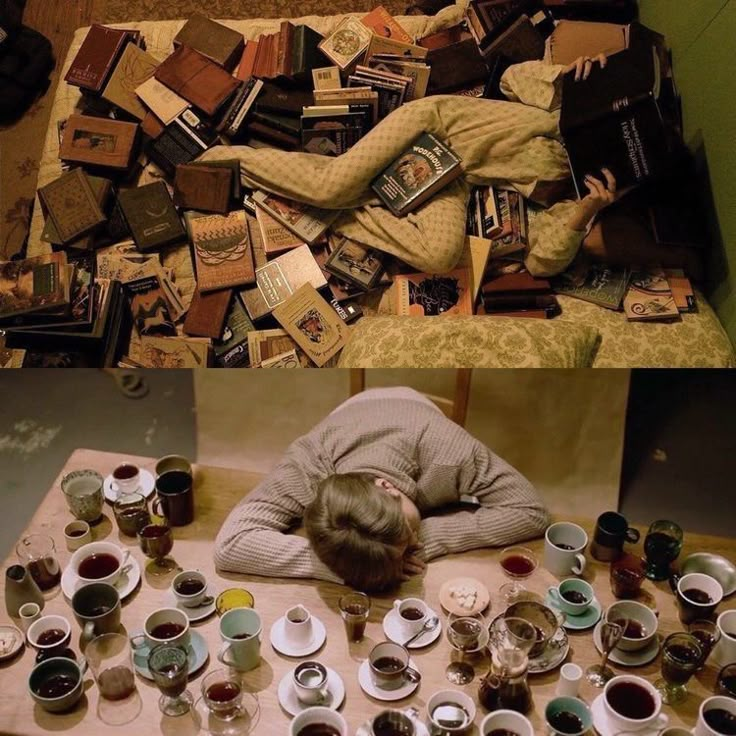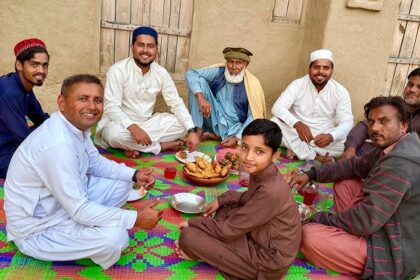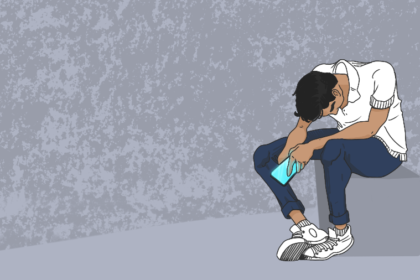The Silent Burden carried by eldest daughters in Pakistan is an unspoken reality that shapes their entire lives. From a young age, they are expected to be caregivers role models, and emotional anchors for their families, often sacrificing their own dreams and personal growth in the process. This invisible labor—ranging from household chores to emotional mediation—is rarely acknowledged, yet it consumes their childhood and adulthood alike. In a culture deeply influenced by patriarchy and tradition, the eldest daughter’s worth is often measured by how much she can give, endure, and hold together, making The Silent Burden not just a personal struggle, but a societal issue that demands recognition and change.
The Silent Burden Eldest Daughters
The glue that holds the family together.
The bucket everyone pours their anger and sorrow into.
The blueprint for younger siblings.
This is not a machine; it is the life of the eldest daughter in a Pakistani household. She is the teacher, the therapist, the maid, and the babysitter, often all at once. From the moment her younger sibling is born, she is stripped of a carefree childhood and placed into a world of responsibility. Her role isn’t optional; it’s inherited.
In many homes, the eldest daughter is treated like an experiment. Parents try, test, and discipline their older children harshly so they can raise their younger children “better.” She is born without a leader but is expected to lead, to navigate life without guidance, and then turn her lessons into gateways for her siblings’ success.

The Unofficial Third Parent in Working-Class Families
In working-class and low-income families, often with as many as ten children, the ghar ki bari beti becomes the unofficial third parent. If the mother works out of financial necessity, the eldest daughter stays home. She gives up her education, social life, and freedom to raise her siblings. She becomes a teacher, a cook, a nanny, and is often held accountable for the actions of the children she didn’t choose to raise.
In middle and upper-class households, the role changes, but the burden remains. She is expected to be the perfect role model: grades flawless, morals unquestionable, behaviour exemplary. Her social life is restricted under the name of honour. Her success isn’t hers alone; it’s seen as a representation of family values.
Emotional Labour Nobody Sees
But her responsibilities do not end here. The eldest daughter often becomes an emotional support, resolving fights between parents, acting as a couples’ therapist. Everyone confides in her. Everyone expects her to listen, console, and solve. Yet she has no one to confide in. When there is a fight in the family, she is the one both sides approach to complain. It is the oldest sibling who has to keep the family from falling apart.
Double Standards Between Siblings
Double standards between eldest daughters and younger siblings further cause infuriation. While the eldest plead and earn merit for freedoms, younger siblings are usually given the same privilege without any questions asked.
This thinking isn’t restricted to a single household. It gets worse when she is not only the oldest child but the oldest cousin, automatically becoming the whole family’s unofficial standard. Aunties and uncles keep track of her actions closely, comparing their children’s progress to hers. She is either seen as a model to be followed or as a cautionary tale of a path not to take.
This burden often leads to emotional breakdown, loss of identity, burnout, and isolation. She is always giving, but rarely receives. And when she has finally given everything, she is married off, only to repeat the cycle with a new family.
A Tradition Rooted in Patriarchy
This disparity is not coincidental. It is the product of patriarchal values, generational trauma, and unreasonable expectations placed on women from birth. Many mothers of eldest daughters were eldest daughters themselves, yet they unknowingly repeat the cycle.
What they go through is not just emotional pressure. It is a form of silent child labour disguised as tradition and duty. They devote their entire childhood to their families, yet they remain unseen, unheard, and emotionally unrecognised.
The Lasting Impact on Identity
These daughters tend to become women who struggle to set limits, say no, or put themselves first. They become people pleasers and overachievers. Never having had the opportunity to create an identity for themselves outside of being there for others, they enter adulthood without knowing who they are beyond being a shoulder for everyone to cry on.













